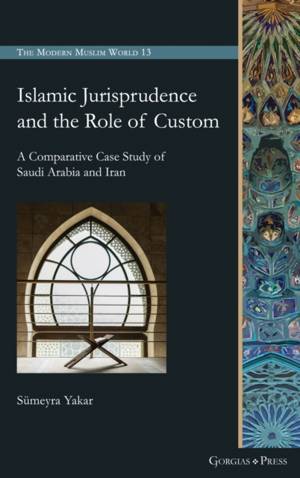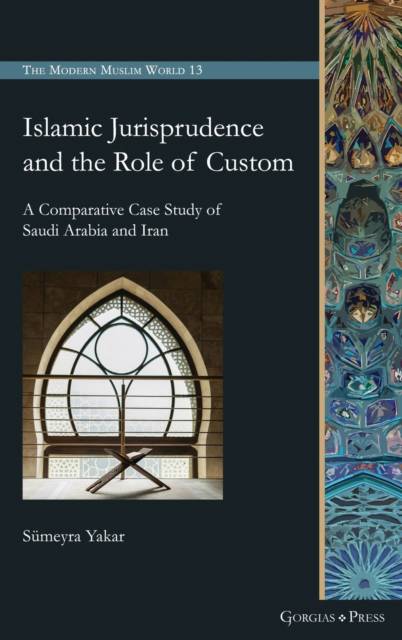
- Retrait gratuit dans votre magasin Club
- 7.000.000 titres dans notre catalogue
- Payer en toute sécurité
- Toujours un magasin près de chez vous
- Retrait gratuit dans votre magasin Club
- 7.000.0000 titres dans notre catalogue
- Payer en toute sécurité
- Toujours un magasin près de chez vous
Islamic Jurisprudence and the Role of Custom
A Comparative Case Study of Saudi Arabia and Iran
Sümeyra YakarDescription
The consideration of custom as a structural benchmark of legal solutions alongside shar'i principles elucidates the strong links between political strategies, religious institutions and legal systems. More specifically, it provides unique insight into the creation of national religious identities through the exercise of state authority. Analysis of the legal concept of custom ('urf) within contemporary Saudi and Iranian legal systems uncovers the connection between the interpretation of religious texts and contextual atmosphere. In applying a legal anthropological method, this book considers the position of custom within Hanbali and Ja'fari jurisprudence as a legal source and compares the implementation procedure of legal systems with actual court cases from Iran and Saudi Arabia. Irrespective of whether there is a direct reference to custom, the interpretation and use of Islamic legal principles have a relatively close connection to the surrounding contextual environment. However, the extensive use of customary norms in the absence of legal sources or during the interpretation of legal texts are occasionally in excess of the permitted legal limits. The book compares the methodologies of scholars, diversity of legal opinions (fatwas) and court verdicts (ahkam) between the two countries by placing a particular emphasis upon the usage of custom, whether in the form of a legal principle with a semi-independent style or the form of a subsidiary source that is dependent upon various legal principles.
Spécifications
Parties prenantes
- Auteur(s) :
- Editeur:
Contenu
- Nombre de pages :
- 318
- Langue:
- Anglais
- Collection :
- Tome:
- n° 13
Caractéristiques
- EAN:
- 9781463243517
- Date de parution :
- 15-03-22
- Format:
- Livre relié
- Format numérique:
- Genaaid
- Dimensions :
- 152 mm x 229 mm
- Poids :
- 594 g

Les avis
Nous publions uniquement les avis qui respectent les conditions requises. Consultez nos conditions pour les avis.






